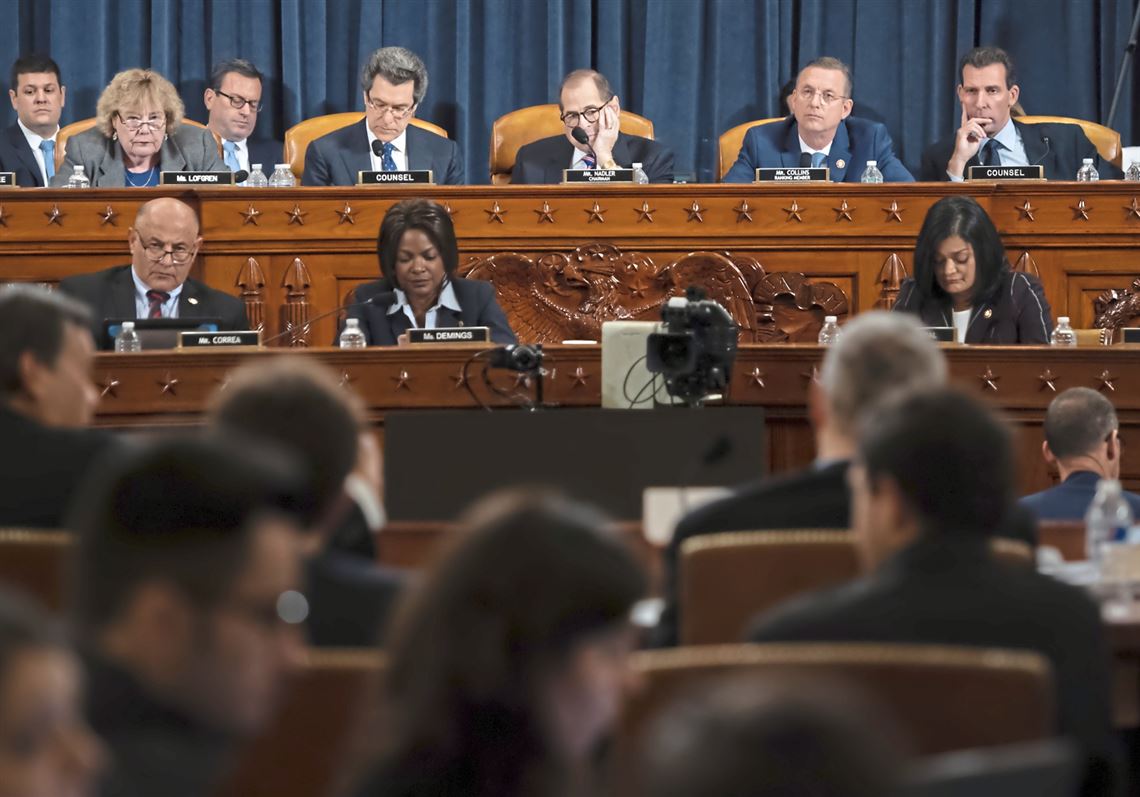The House Committee on the Judiciary: Overview, Functions, and Importance
The House Committee on the Judiciary, often referred to as the Judiciary Committee, is one of the most influential and long-standing committees in the U.S. House of Representatives. Established in 1813, it plays a vital role in shaping laws, overseeing the federal judiciary, and safeguarding constitutional rights. Over the years, the committee has been at the center of critical national debates, from civil rights to presidential impeachment proceedings. Its wide-ranging jurisdiction makes it a pivotal player in American law and governance.
Table of Contents
Structure and Composition
The structure of the House Judiciary Committee consists of members from both major political parties, reflecting the balance of power in the House of Representatives. The majority party selects the chairperson, who directs the committee’s agenda, while the minority party appoints a ranking member. The total number of members on the committee and the distribution of seats between parties can change depending on the composition of the House following elections.
The chairperson’s role is particularly important, as they determine which legislative issues and oversight activities the committee will prioritize. This individual also leads major investigations, legislative reviews, and high-profile hearings. Recent history has seen the chairperson play a leading role in national controversies, including judicial nominations and impeachment inquiries, giving this position significant national visibility and influence.
Constitutional Amendments
One of the Judiciary Committee’s primary responsibilities is reviewing and proposing amendments to the U.S. Constitution. Given the foundational nature of the Constitution in American law, any changes to it require deep scrutiny and careful debate. The committee reviews potential amendments to ensure they uphold constitutional principles while also reflecting the evolving needs and values of society. This process is critical to maintaining a balance between preserving the Constitution’s original intent and adapting it to contemporary issues. The committee’s oversight extends to key constitutional matters such as the Bill of Rights, civil rights, and other fundamental legal protections.
Civil Liberties and Rights
Civil liberties and protections under the law are a major focus of the Judiciary Committee. The committee handles legislation that relates to the First Amendment rights of speech, religion, and assembly, as well as privacy rights, voting rights, and protections against government surveillance. These issues often involve contentious debates over the scope of government authority versus individual freedoms. By managing such legislation, the committee plays a crucial role in safeguarding civil liberties for all Americans and ensuring that federal laws are consistent with constitutional protections.
Criminal Law and Law Enforcement
Another critical area under the committee’s jurisdiction is criminal law and law enforcement. The committee shapes federal policies on crime, criminal procedure, and oversight of law enforcement agencies such as the Department of Justice (DOJ) and the Federal Bureau of Investigation (FBI). It reviews legislation regarding criminal penalties, policing practices, sentencing reforms, and crime prevention measures. In an era of heightened scrutiny on law enforcement practices, particularly regarding racial justice and police reform, the Judiciary Committee’s role in this area has become even more prominent.
Impeachment Proceedings
The Judiciary Committee is perhaps best known for its role in impeachment proceedings, a responsibility that elevates its importance during moments of constitutional crisis. The committee has the authority to investigate and determine whether sufficient grounds exist to impeach a sitting President, Vice President, or other federal officials. If the committee concludes that there is evidence of “high crimes and misdemeanors,” it can recommend articles of impeachment to the full House of Representatives. This process gives the Judiciary Committee a critical role in ensuring accountability for federal officeholders and preserving the integrity of the U.S. government.
Judicial Nominations and Oversight
The Judiciary Committee also plays a crucial role in the federal judicial nomination process. The committee reviews and holds hearings on the President’s nominees to the federal judiciary, including appointments to the U.S. Supreme Court. Committee members assess the qualifications, judicial philosophy, and temperament of each nominee before making a recommendation to the full House for confirmation. This function is essential for maintaining the independence and competence of the judiciary, as the committee ensures that only qualified candidates are appointed to lifetime positions on the federal bench.
Immigration and Nationality Laws
The Judiciary Committee is responsible for reviewing and shaping U.S. immigration policy. It addresses legislation regarding border security, asylum laws, visas, and the process of naturalization for new citizens. Given the complexities and sensitivities surrounding immigration issues, the committee’s work in this area often sparks intense political debate. In recent years, the committee has played a central role in immigration reform efforts, managing key discussions on topics such as the status of undocumented immigrants, DACA (Deferred Action for Childhood Arrivals), and policies affecting refugees.
Intellectual Property and Innovation
In addition to its work on civil and criminal law, the Judiciary Committee has significant jurisdiction over intellectual property laws, which include patents, copyrights, and trademarks. These laws are vital for protecting the rights of creators, inventors, and businesses. The committee reviews and modernizes intellectual property regulations to ensure that they continue to foster innovation while protecting the rights of individuals and companies in an ever-changing digital landscape Ngepress.com/.
Conclusion
The House Committee on the Judiciary is one of the most powerful and multifaceted committees in Congress. From overseeing constitutional amendments and civil liberties to managing impeachment inquiries and judicial nominations, the committee’s responsibilities are both diverse and highly consequential. Its work shapes the legal framework of the nation, influences key areas of public policy, and plays a fundamental role in ensuring that the principles of justice and the rule of law are upheld across the country. Whether through its work on criminal justice reform, immigration policy, or the protection of civil rights, the Judiciary Committee remains a critical institution within the legislative branch of the U.S. government.

